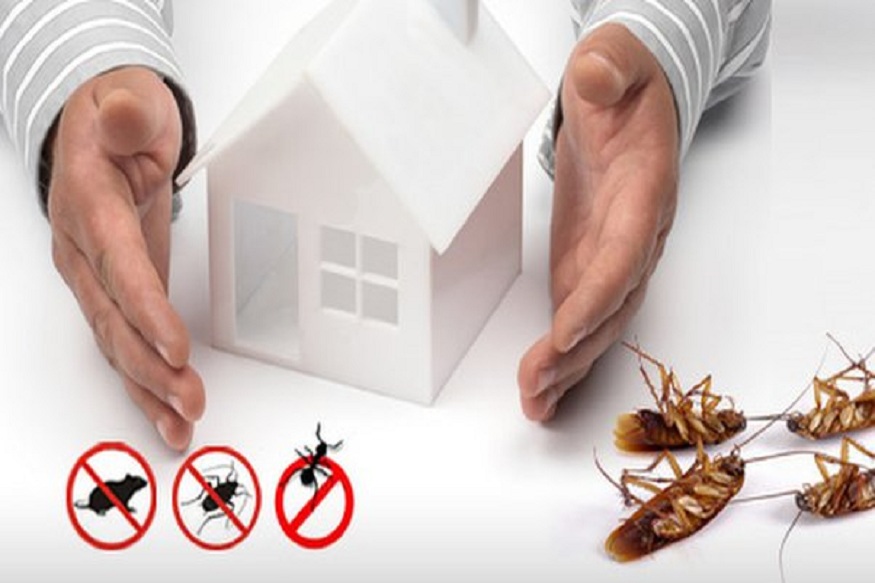Conventional pest control methods are a real headache for homeowners and businesses. Many pests become resistant to common methods of treatment, so that they become harder to control the more you treat for them. The price of doing multiple cycles of chemical application does add up, and it only works temporarily.
When regular methods are applied in practice, infestations continue. According to the study, 92% of homeowners are looking for a sustainable alternative for their homes. Professional Pest Control Specialists know how to navigate these new techniques and implement a long-term plan that works. Right here, we will also talk about what exactly is sustainable development, how you can use it, and more.
What Is Sustainable Pest Management?
By following the principles of sustainable pest management, we can strike a balance between controlling adaptations and the resulting negative effects, and human and environmental health. This is a way of working with several frontiers instead of depending on chemical pesticides. It spans an array of biological controls (such as beneficial insects), physical barriers, habitat modification, and targeted treatments when appropriate.
It is an eco-friendly procedure to solve the problem of pests, which protects the environment, saves energy, and improves efficacy. It further helps create healthier living spaces and promotes natural ecosystems surrounding properties.
What Does the Future of Sustainable Pest Management Look Like?
Here is what the future looks like when we discuss sustainable pest management. Remember, these are based on predictions and assumptions based on the current status.
Smart Technology Integration
Technology changes everything about pest control. Smart sensors that sense the presence of pests will sound an alert to the property owner. Pest populations are monitored through automatic watch systems, which are free of human interference. Integration of remote sensing and GIS, data analytics, AI, and biotech applications has opened new horizons for better pest management strategies.
AI is used to analyze pest patterns and to predict outbreaks before they occur. Homeowners are able to connect with pest control professionals through mobile apps on demand. GPS mapping is also useful for locating problem areas across large properties.
Biological Control Advances
New beneficial and enemy insects and microorganisms attacking specific pests are being developed by scientists. By editing genes, we can produce stronger natural enemies and maintain non-target effects. Good bacteria and fungi displace toxic ones used to kill ground-dwelling pests.
Research is concentrated on learning pest habits so that their life cycles may be interrupted in a natural way. Pheromone trap catches are increasing in complexity and are becoming more species-specific. These organic treatments continue to function without recurring remedies.
Precision Application Methods
Pest management of the future is targeted, not broad-spectrum. Micro-dosing provides precise quantities of treatment components directly where it is necessary. Drones deliver treatments precisely to out-of-the-way places removed from human contact.
Smart formulations activate only where target pests are detected. This ensures that no waste is left behind and there is less potential for exposure to non-targeted individuals. Pest-control intensity is adaptively managed by these systems based on the real-time pressure of the pest.
Moving Forward With Sustainable Solutions
Looking ahead, the potential for pest control is bright for homeowners in the market for effective and eco-friendly solutions. Technological advances make sustainable options more available and affordable than ever. The demand for this innovative approach to eliminate pests has been growing in professional pest control services, which want to work more and more with eco-friendly end customers.
Sustainable pest control delivers long-term results by dealing with the source of the problem and not just resorting to quick fixes or remedies. Properties remain safeguarded while healthier communities and ecosystems are supported. The cost of this investment in durable approaches is worth it, given the reduced long-term costs and improved outcomes.
Pest control service providers must have a sustainable approach to dealing with different pests. They know what methods are most efficient for particular pest issues and types of properties. Their knowledge of insects will help you get the advantages of green pest control and reduce website disadvantages.





